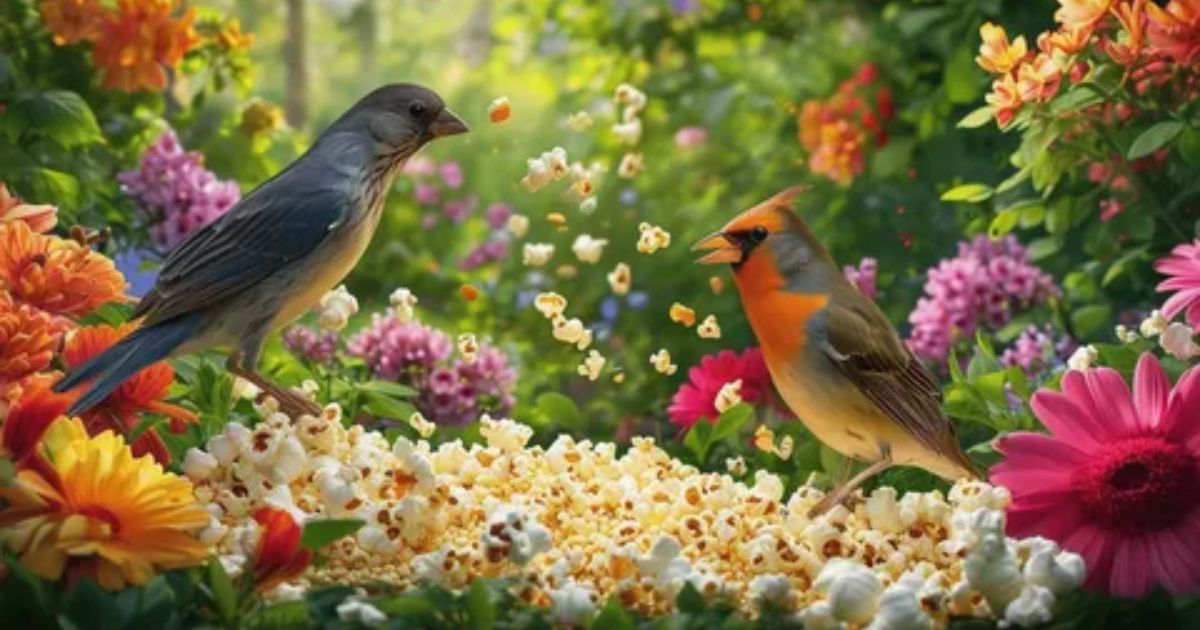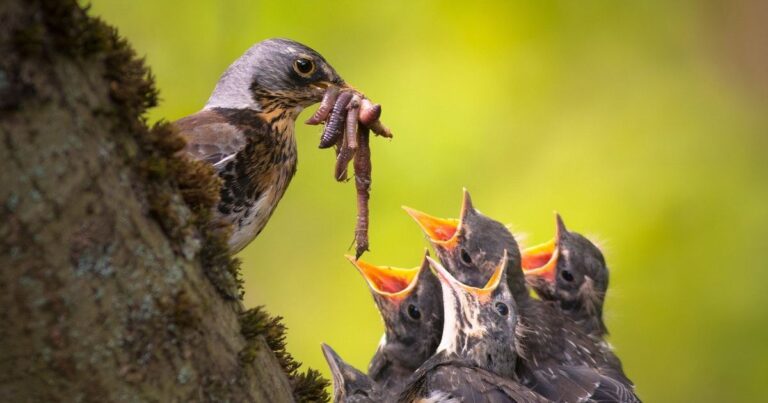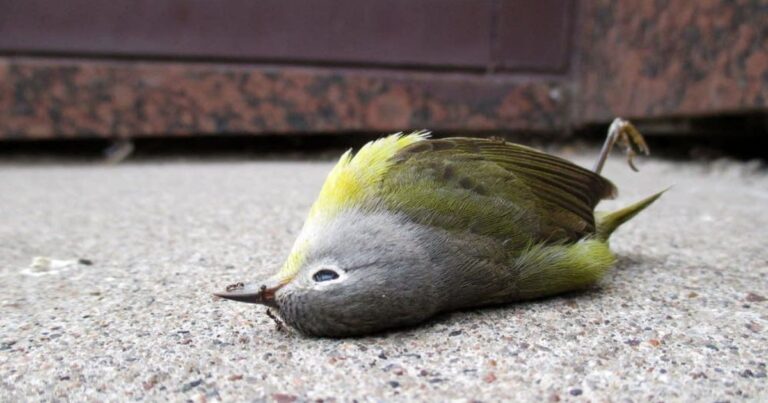Can Birds Eat Popcorn? Safe Animals for Popcorn Kernels
As I pondered the question of whether birds can eat popcorn, I found myself diving into a world of avian diets and culinary curiosities. Many birds do enjoy popcorn, particularly when it’s unsalted and unbuttered.
I’ve seen my backyard visitors, like sparrows and finches, pecking at the kernels with delight. It’s fascinating to watch them engage with this unusual snack; they seem to appreciate the texture and flavor in their own unique way.
While exploring this topic, I couldn’t help but wonder about other critters. Can squirrels eat popcorn kernels? You bet! They often relish a good snack of plain popcorn, making it a fun treat to toss out for them as well.
What Animals Eat Popcorn Kernels?
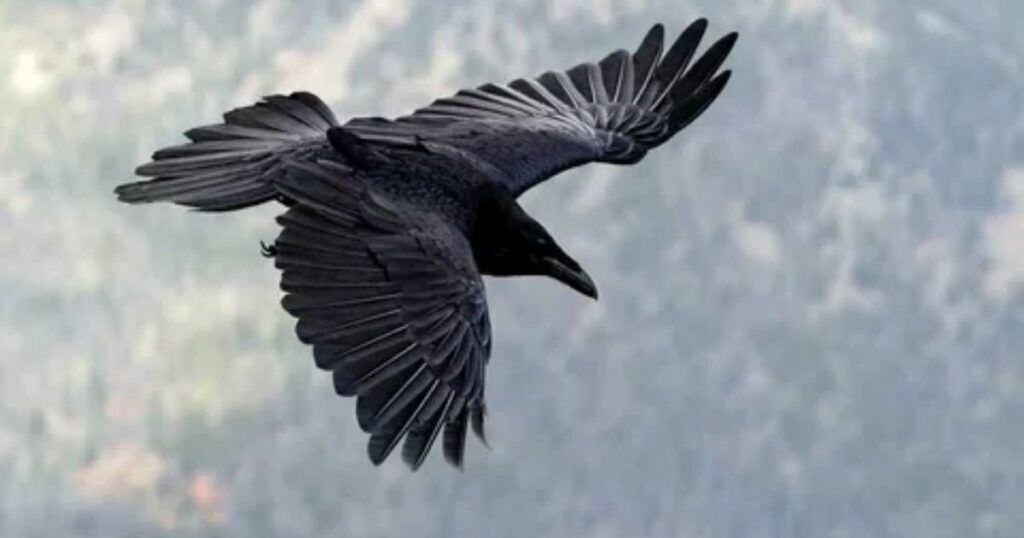
I’ve often wondered about the curious relationship between animals and popcorn kernels. It’s fascinating to think that something as simple as a kernel can attract a variety of creatures.
For instance, I’ve seen birds flock around my backyard, and I couldn’t help but ponder, can birds eat popcorn? It turns out many birds, especially those that are seed-eaters like sparrows and finches, enjoy pecking at these crunchy treats.
Just imagine the sight of a flock of colorful feathers diving for a scattered handful it’s like nature’s little popcorn party!
And then there are squirrels; they’re notorious for their insatiable appetites. Can squirrels eat popcorn kernels? Absolutely! I once tossed some unpopped kernels onto my porch, and within minutes, a cheeky squirrel was nibbling away.
These clever critters have an impressive ability to crack open hard shells, making them adept at enjoying this snack. Even ducks aren’t left out of the fun can ducks eat popcorn kernels?
Yes, they can! A few floating kernels in a pond can turn into an unexpected feast, drawing quacking friends for an afternoon treat. It’s delightful to witness how something so mundane can bring such joy to our furry and feathered companions.
Can wild birds eat popcorn
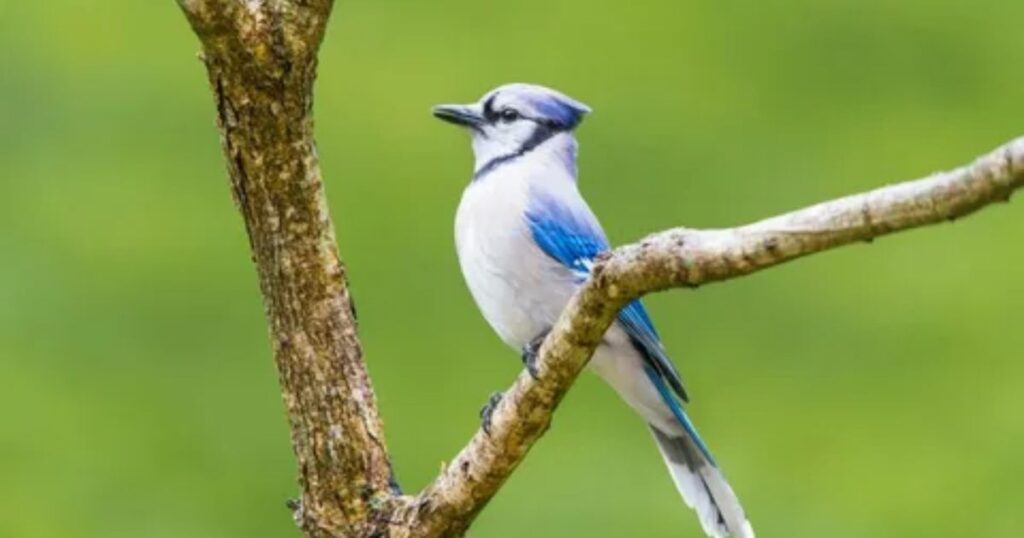
Wild birds can indeed eat popcorn, but there are some nuances to consider. Plain, air-popped popcorn without any additives is the safest option for our feathered friends. Birds are naturally curious creatures, and the light, crunchy texture of popcorn can intrigue them, making it an exciting snack.
It’s essential to avoid flavored varieties, especially those containing butter, salt, or other seasonings, as these can be harmful to their delicate systems.
Offering popcorn in moderation can also serve as an enriching experience for birds visiting your backyard. Scatter a few pieces on the ground or place them in a feeder to encourage natural foraging behaviors. This can attract a variety of species, providing an opportunity for birdwatching enthusiasts to observe and appreciate the diverse avian visitors.
Just remember, while popcorn can be a fun treat, it should never replace a balanced diet that includes seeds, fruits, and insects essential components that support their health and well-being.
Read more info About bird that; Can Birds Eat Cheese? Guide for Pet Owners
Can Deer Eat Unpopped Popcorn?
I often find myself pondering the dietary habits of deer, especially when it comes to unconventional snacks like unpopped popcorn. It’s fascinating to consider what these graceful creatures might munch on in their natural habitat.
While deer primarily thrive on vegetation, fruits, and nuts, I can’t help but wonder if they’d be intrigued by the crunchy kernels we often overlook. After all, unpopped popcorn is a whole grain, and it’s not hard to imagine a curious deer snuffling through the forest floor and stumbling upon a scattered handful.
There’s a catch to this delightful thought. While unpopped popcorn isn’t toxic to deer, it’s not the ideal snack either. Their digestive systems are tailored for fibrous plant material, and introducing hard kernels might not sit well with them.
I imagine a deer nibbling on a few kernels out of sheer curiosity, but ultimately returning to the more nutritious forage that nature provides. So, while it might be a fun idea to toss some unpopped popcorn into the wild, it’s probably best to stick with the natural diet that keeps these beautiful animals healthy and thriving.
Do Ducks Eat Popcorn Kernels?
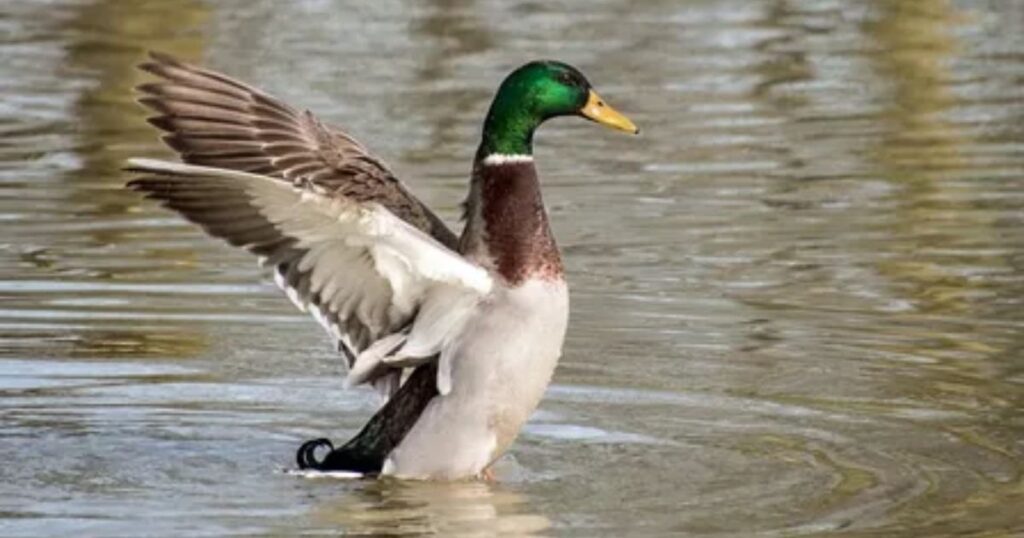
I was curious about the culinary preferences of ducks, so I decided to dig deeper into whether these charming waterfowl would munch on popcorn kernels. It turns out that while ducks can eat popcorn, it’s not as simple as tossing a handful into their pond.
Whole kernels can be a choking hazard and might not provide the nutritional benefits they need. Instead, I learned that popped popcorn, in moderation, can be a fun treat for them. The light, fluffy texture seems to intrigue them, and watching them peck at the pieces is genuinely delightful.
it’s essential to consider the overall diet of ducks. They thrive on a balanced mix of grains, greens, and protein sources. If you’re thinking of treating your feathered friends with some popcorn, make sure it’s unbuttered and unsalted; the added flavors can upset their delicate systems.
Overall, feeding ducks is about providing variety while ensuring their health and well-beingso next time you have leftover popcorn, remember to share the joy but do it wisely!
What Birds Can Eat Unpopped Popcorn?
I often find myself wondering about the quirky eating habits of our feathered friends, especially when it comes to unpopped popcorn. It’s fascinating to learn that many birds can safely munch on this seemingly mundane snack.
In fact, unpopped popcorn can be a delightful treat for various species, particularly larger birds like crows, jays, and even some parrots. Their strong beaks are well-equipped to tackle the hard kernels, providing both a challenge and a nutritious boost.
What really excites me is the potential for unpopped popcorn to serve as an engaging foraging activity. When I scatter some kernels in my backyard, it transforms into a lively scene as birds hop around, pecking and exploring.
Not only does it offer them sustenance, but it also stimulates their natural instincts to search for food. I’ve noticed that adding a sprinkle of seeds or nuts alongside the popcorn elevates the experience, attracting a wider variety of birds. It’s a simple yet effective way to create a vibrant ecosystem right outside my window!
Can You Feed Squirrels Unpopped Popcorn?
As I sat on my porch, watching the squirrels frolic in the yard, a curious thought crossed my mind: can I feed them unpopped popcorn? It turns out, this seemingly innocent snack can actually be a delightful treat for our furry friends.
Unpopped kernels are not just a fun curiosity; they offer a unique way to engage with wildlife while providing them with a source of fiber. When scattered around, these little nuggets can spark their natural foraging instincts, keeping them mentally stimulated and physically active.
it’s essential to consider moderation. While unpopped popcorn is generally safe for squirrels, it shouldn’t be their primary food source.
These critters thrive on a varied diet, and an overabundance of any one item yes, even popcorn could lead to nutritional imbalances.
Plus, there’s something incredibly rewarding about watching them work to crack open those kernels, showcasing their resourcefulness. So, the next time you find yourself with an excess of unpopped popcorn, toss a few outside and enjoy the show; it’s nature’s version of a popcorn party!
Can Birds Eat Unpopped Kernels?
When I first stumbled upon the idea of feeding unpopped popcorn kernels to birds, I was intrigued. I had always associated popcorn with movie nights and cozy gatherings, but could these little nuggets serve a higher purpose?
As I delved deeper, I discovered that while some birds might nibble on unpopped kernels out of curiosity, it’s not exactly a staple in their diet. Most birds lack the necessary digestive enzymes to break down the tough outer shell, which can lead to frustration rather than satisfaction.
it’s fascinating to consider how different species react to these kernels. Larger birds like crows and jays may have the strength to crack them open, turning a simple snack into an engaging challenge.
In my backyard, I’ve noticed that some birds seem to enjoy pecking at the kernels, treating them like a puzzle to solve. Watching them interact with the unpopped kernels offers a glimpse into their problem-solving skills and natural instincts, which adds a delightful layer to my birdwatching experience.
So while unpopped kernels might not be the most nutritious option for our feathered friends, they can certainly spark curiosity and provide entertainment in the right setting.
Types of Popcorn Birds Can Eat
When it comes to popcorn for our feathered friends, plain and air-popped varieties are the safest bets. I’ve discovered that these options not only keep the snack light and healthy but also allow birds to enjoy the satisfying crunch without any additives.
The absence of butter, salt, or other seasonings means we can feel good about treating our birds while avoiding potential health risks that come with flavored versions.
Fully popped popcorn is particularly interesting because its airy texture provides a fun challenge for birds to pick at and enjoy. I’ve watched my parakeet struggle playfully with a piece, tossing it in the air before finally cracking it open.
This playful behavior not only entertains me but also stimulates their natural foraging instincts. Plus, the act of pecking at the popcorn can help keep their beaks healthy and trimmed. So, next time you’re enjoying a bowl of plain, air-popped popcorn, consider sharing a few pieces with your avian companions it’s a simple treat that sparks joy and curiosity!
Types of Popcorn to Avoid
When it comes to popcorn, I’ve always been a fan of the classic, simple varieties. However, I learned the hard way that not all popcorn is created equal, especially when it comes to the microwave bags filled with butter or flavored options.
These seemingly innocent snacks can be deceptively unhealthy, packed with artificial flavors and unhealthy fats that don’t do justice to the deliciousness of this whole grain.
The buttery goodness might sound tempting, but the truth is that many brands use synthetic butter flavoring that can contain harmful chemicals and additives.
The convenience of microwave popcorn often overshadows its downsides. The packaging itself can be problematic; some bags are lined with perfluorinated compounds (PFCs) that have been linked to health concerns.
It’s shocking how something so simple can become a potential health hazard. Instead of reaching for those pre-flavored options, I’ve started embracing air-popped popcorn or stovetop varieties where I control the ingredients.
This way, I can experiment with healthier seasonings like nutritional yeast or a sprinkle of sea salt, turning a once guilty pleasure into a wholesome treat that satisfies my cravings without the hidden dangers.
Final Thought: Popcorn for Birds
After exploring the question of whether birds can eat popcorn, I’ve come to realize that it can be a fun and enjoyable treat for our feathered friends when given in moderation. It’s important to remember that plain, air-popped popcorn without any added salt or butter is the best option for them.
I’ve seen firsthand how my backyard birds delight in this crunchy snack, but I always ensure it’s offered as an occasional treat rather than a staple in their diet. By being mindful of what we feed them, we can help maintain their health and happiness. So next time you’re enjoying some popcorn, consider sharing a few pieces with your avian companions!
FAQs
Can birds eat popcorn with butter?
While birds can technically eat popcorn, I recommend avoiding popcorn with butter. The added fat and salt can be harmful to their health.
Can birds eat popcorn Uk?
Yes, you can feed your pet bird plain, air-popped popcorn as an occasional treat. Just make sure it’s unsalted and unbuttered.
What do birds eat?
Wild birds usually eat a variety of foods, including seeds, fruits, insects, and nectar, depending on their species and habitat.

